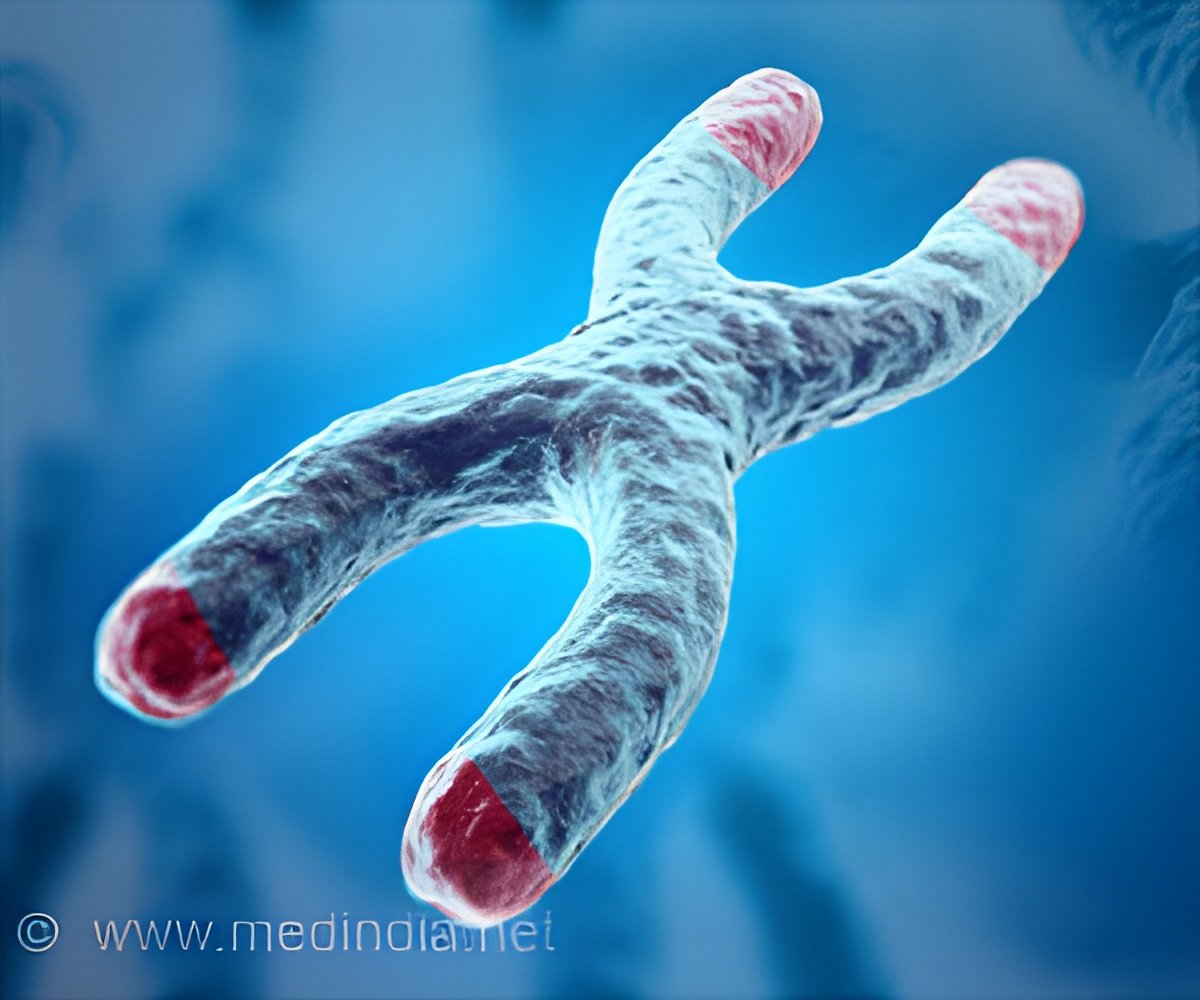
‘Maintaining a healthy BMI in women during reproductive age is necessary to promote molecular longevity in the offspring and preventing chronic diseases in them.’
Tweet it Now
To examine associations between maternal BMI and newborn telomere length, researchers examined 743 mothers, who were 17 to 44 years of age, and their newborn babies. Detailed information on maternal and paternal age, socioeconomic status, smoking status, parity, ethnicity and pregnancy complications was obtained by use of a questionnaire. To measure average telomere lengths, umbilical cord blood was drawn immediately after delivery from all 743 mother-newborn pairs.Telomeres are structures at the ends of chromosomes which are vital in maintaining the stability of a person's genome as they protect chromosomes from degradation. Telomere length, which is measured by the number of DNA base pairs they occupy, is directly linked to the number of times a cell can divide in its lifetime. Thus, longer telomeres allow cells to divide more often, providing a link between telomere length and biological age. Telomere length in adults has been associated with age-related diseases such as cardiovascular disease, type 2 diabetes and increased mortality, but telomere research on newborns remains limited.
Professor Tim Nawrot, the corresponding author, said "Compared with newborns of mothers with a normal BMI, newborns of women with obesity are older on a molecular level, because shortened telomere lengths mean that their cells have shorter lifespans. So maintaining a healthy BMI during a woman's reproductive age may promote molecular longevity in the offspring."
Previous studies have shown that people normally lose about 32.2 to 45.5 telomere base pairs per year in adulthood. The research team found that for each one-point increase in the mothers' BMI, telomeres in the babies were about 50 base pairs shorter.
According to the researchers, this 50 base pair shortening of telomere length is equivalent to the length that people normally lose in 1.1 - 1.6 years of adult life, which may increase the risk of chronic diseases in adulthood.
Advertisement
Professor Nawrot said "Prior to our study, there was no evidence of an association between pre-pregnancy BMI and newborn telomere length, although meta-analyses suggest an association between BMI and telomere length in adults. Our results add to the growing body of evidence that high maternal BMI impacts fetal programming, which could lead to altered fetal development and later life diseases. The public health impact of our findings is considerable as in affluent societies about 30% of women of reproductive age are overweight."
Advertisement
Source-Medindia














